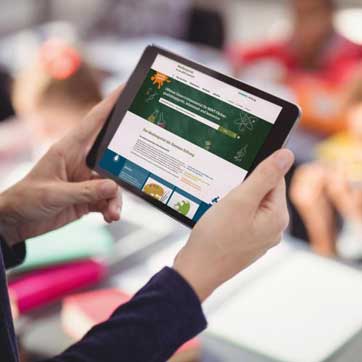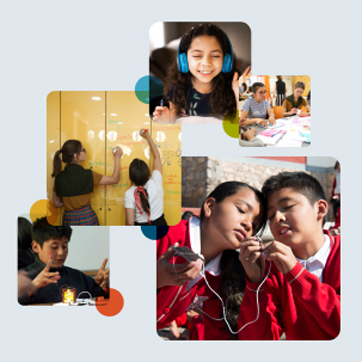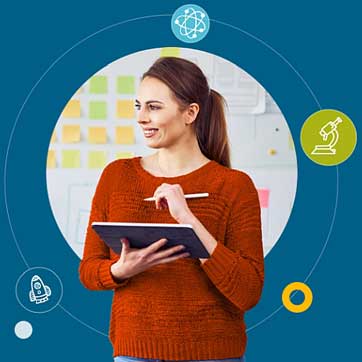Competence center Education
STEM education
for a sustainable future
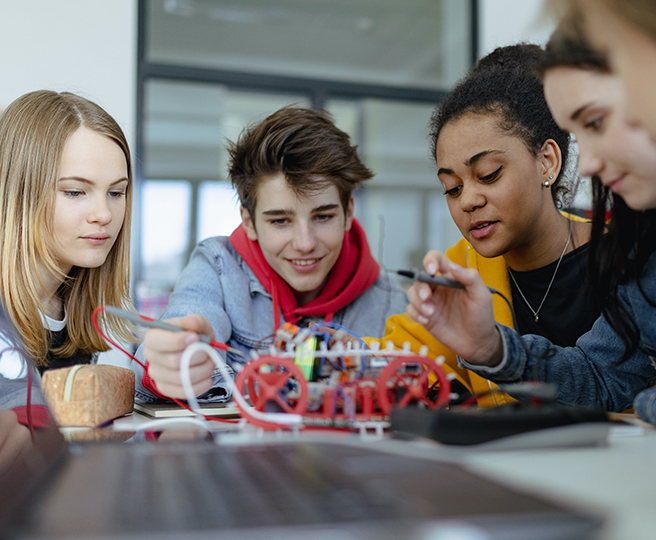
We are committed to STEM education that promotes 21st century skills and a sustainable future.
In a world increasingly shaped by technology, STEM subjects (science, technology, engineering, and mathematics) play a central role. To positively shape the evolving changes around us, we trust the STEMplus approach. It is an interdisciplinary approach that combines specialized knowledge with the competencies of the 21st century. Together with our partners, we implement STEM education projects and networks that give children and young people hands-on experience, promote creative thinking, intercultural understanding, and open new horizons for them. This creates a basis for active participation and individual solutions to global challenges.
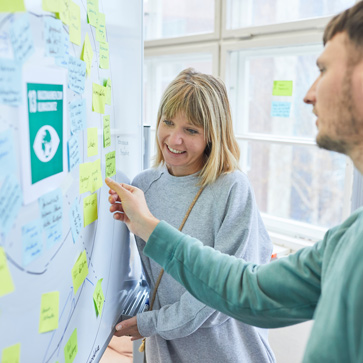
© Siemens Stiftung /
Photograph René Arnold
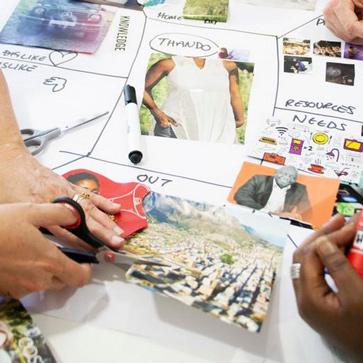
© The Index Project
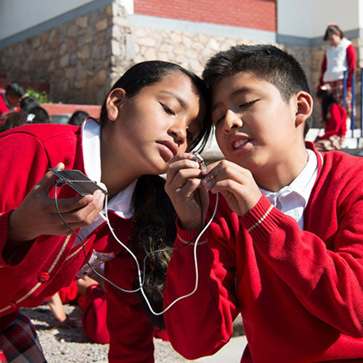
© Siemens Stiftung /
Photograph Uli Reinhardt
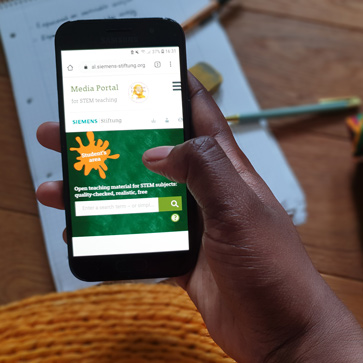
© Siemens Stiftung
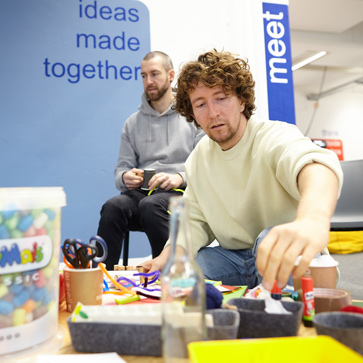
© Siemens Stiftung /
Photograph René Arnold
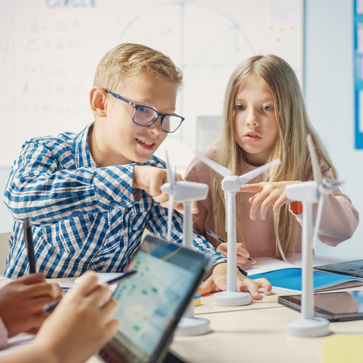
© Gorodenkoff Productions
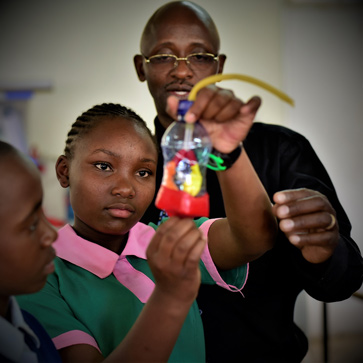
© Proof Africa/Siemens Stiftung /
Photograph Jonathon Rees
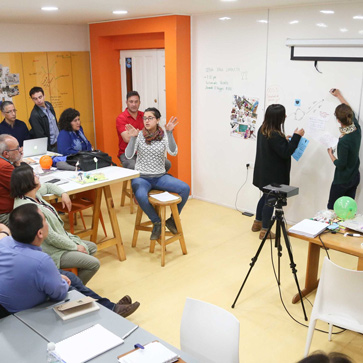
© Siemens Stiftung /
Photograph Cristobal Saaveda
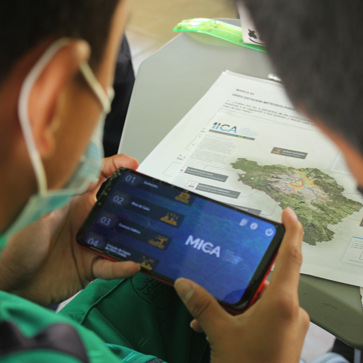
© Siemens Stiftung
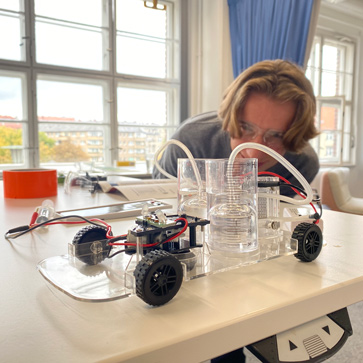
© Siemens Stiftung
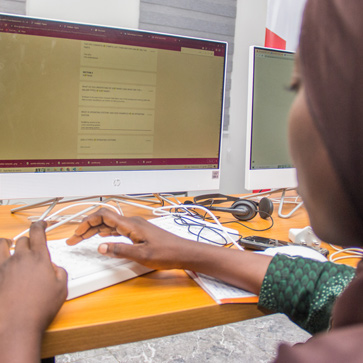
© Siemens Stiftung /
Photograph Jerry Tolu
Key areas
STEM + Climate:
For holistic climate change education
To counter climate change, we need to rethink our approach at the societal, ecological, and economic levels. With our projects, we promote Climate Change Education, that helps make the complexity of the issue tangible, stabilize the environment around us, and strengthen resilience against the consequences of climate change.
STEM + Digitality:
For a future-oriented learning culture
Digitalization is changing our society and as a result also teaching and learning experiences. With Open Educational Resources and teachers training seminars, we support a shift in thinking toward a culture of digitality. After all, skills such as creativity, collaboration, communications, and critical thinking need to be acquired both analogously and digitally.
STEM + Health:
For healthy people and planet
Individual health is closely intertwined with the health of the immediate living environment as well as that of our planet. Our educational programs promote an understanding of this holistic approach so that teachers and students can take responsibility for their health and that of their fellow human beings and the environment.
Projects
Partners
STEM education for sustainable development - find out more!
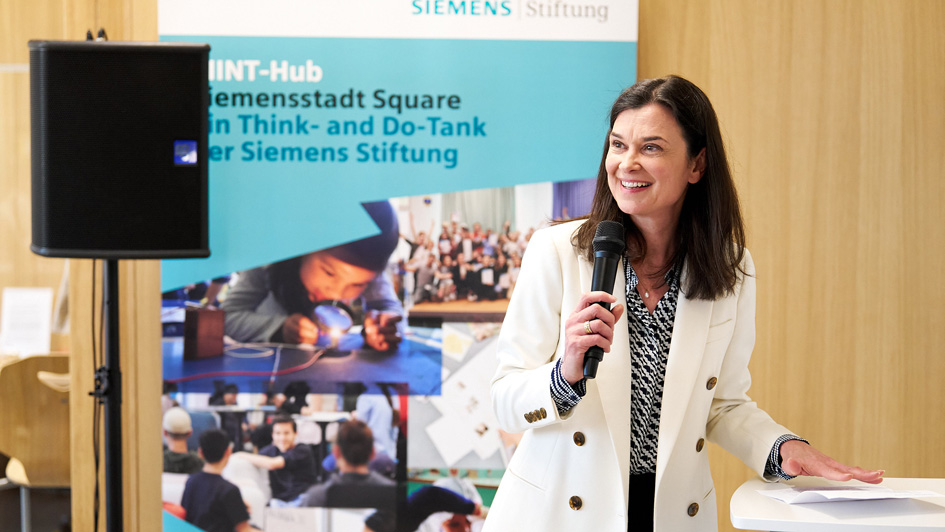
From classroom to creative lab: Future-ready learning space launched today
- The new learning space at Siemens Stiftung‘s STEAM Hub offers the ideal environment for teachers to develop innovative approaches, and students to learn creatively.
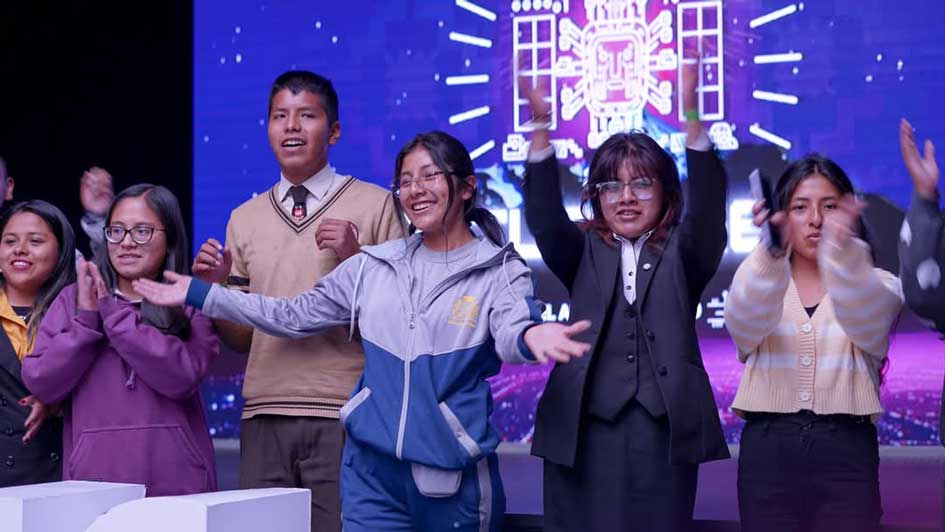
STEMplus at the center of the 6th International Forum on Educational Innovation in Bolivia
- STEMplus takes centre stage at the 6th International Forum for Educational Innovation in Santa Cruz – with a keynote speech by Dr Nina Smidt and insights into creativity, participation and sustainability.
Focus pages on methods and topics
Publications
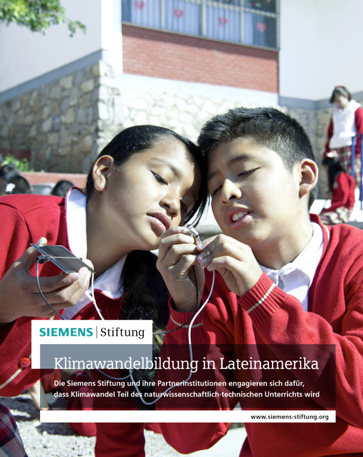
Climate Change Education in Latin America
The brochure describes the joint efforts that the foundation and its partner organizations are engaged in for the STEM cause. It is intended to encourage Latin American and international stakeholders in the education sector to make climate change education an integral part of their education agendas.
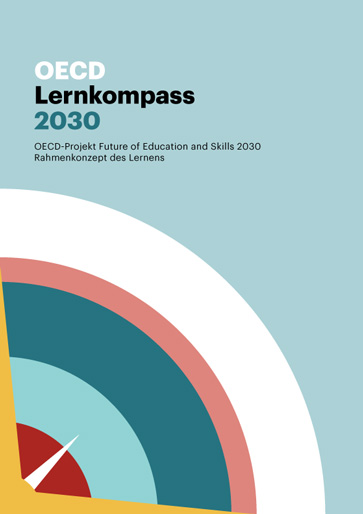
OECD Lernkompass 2030
Project portals
In the Siemens Stiftung Media Portal, teachers will find some 3,200 Open Educational Resources in German and English that they can incorporate into varied and exciting STEM lessons. Numerous advanced training seminars and a dedicated student area round out the offerings.
This website introduces the work being done by Siemens Stiftung’s regional office in Latin America and provides an insight into the Red STEM Latinoamérica network, which comprises is made up of more than 85 education stakeholders from the public and private sectors and is committed to ensuring strong STEM teaching across the continent.
The Spanish-language education portal CREA provides 1,300 items of open-license STEM media that have been developed and made available by Siemens Stiftung and prestigious network partners such as the nonprofit organization INNOVEC and the Office for Climate Education.
Background Stories & Interviews
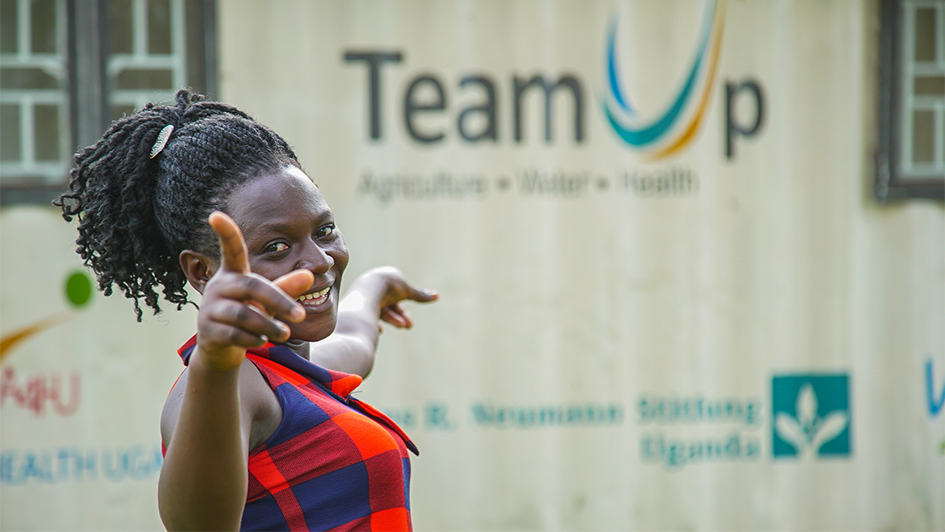
World Youth Skills Day 2024: African youth at the crossroads of educational opportunities and systemic change
- African youth are at a critical juncture, facing both educational opportunities and the need for systemic transformation. Siemens Stiftung is addressing this by implementing holistic projects that combine STEM education, social entrepreneurship, and youth empowerment to foster 21st-century skills and enable active participation in shaping Africa's sustainable future.
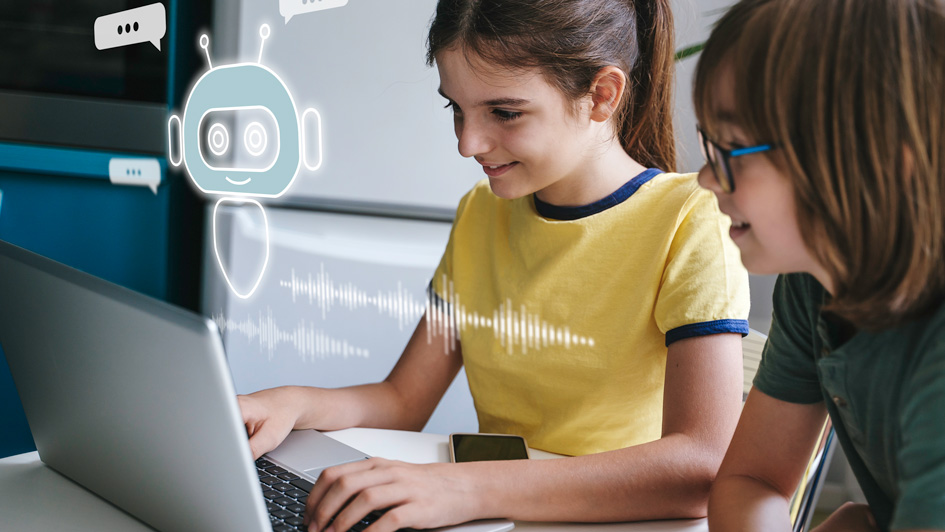
“Mind the Gap!” – How to achieve educational equity in the digital world
- Digital media and AI offer great potential for teaching and learning, but do not automatically change educational opportunities. To enable equitable participation, a shift in mindset is required. How this can be achieved was the topic at the German KonfBD24 conference.
Contact
Would you like to work with us? Or do you have any questions?
Head of Education
Dr. Barbara Filtzinger
barbara.filtzinger@siemens-stiftung.org
+49 89 540487 0
Contact for STEM education and digitalization
Corinna Hartung
corinna.hartung@siemens-stiftung.org
+49 89 540487 325
Contact for STEM education and climate
Badin Borde
badin.borde@siemens-stiftung.org
+49 89 540487 326
Contact for STEM education and health
Ursula Gentili
mailto:ursula.gentili@siemens-stiftung.org
+49 163 393 77 29




